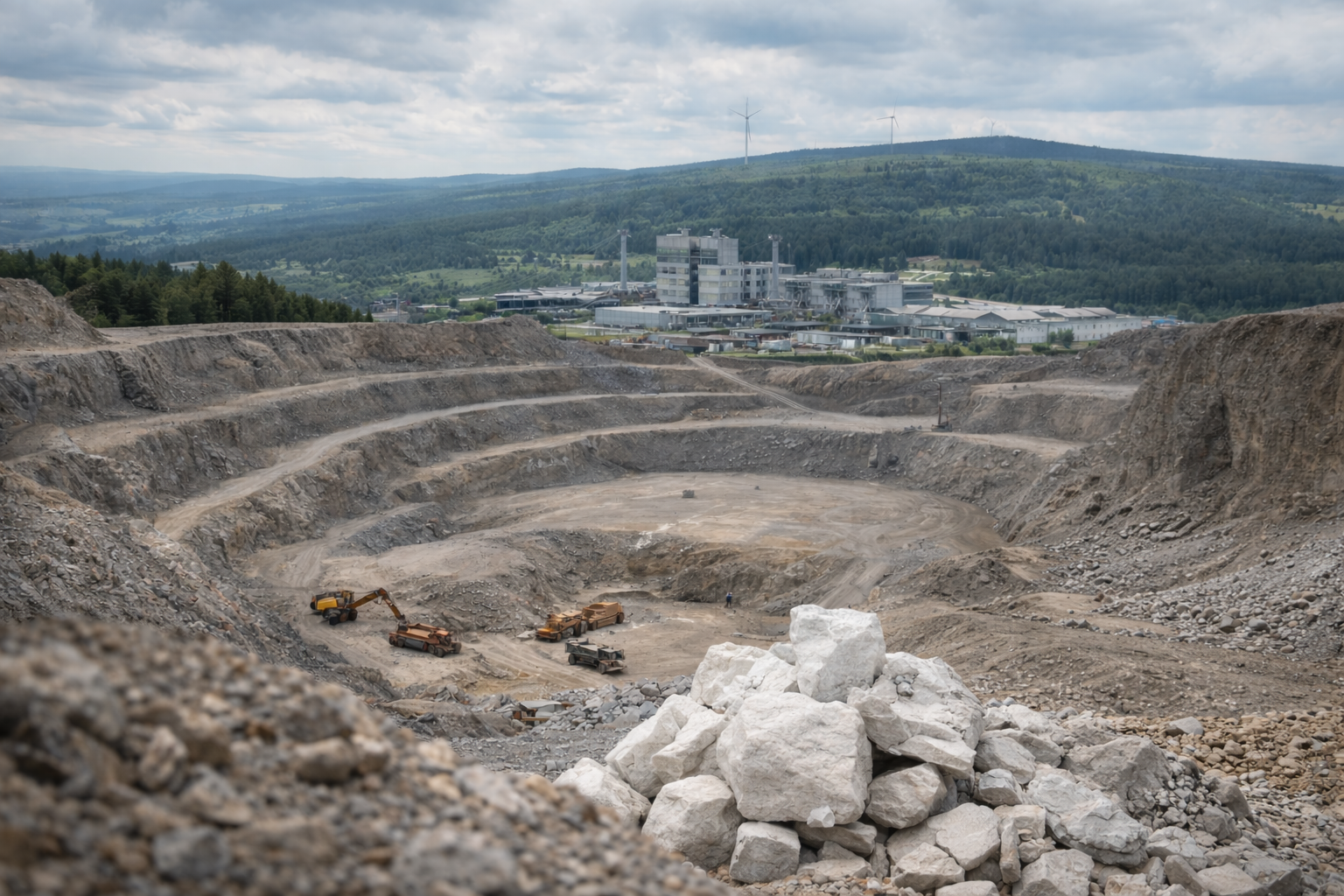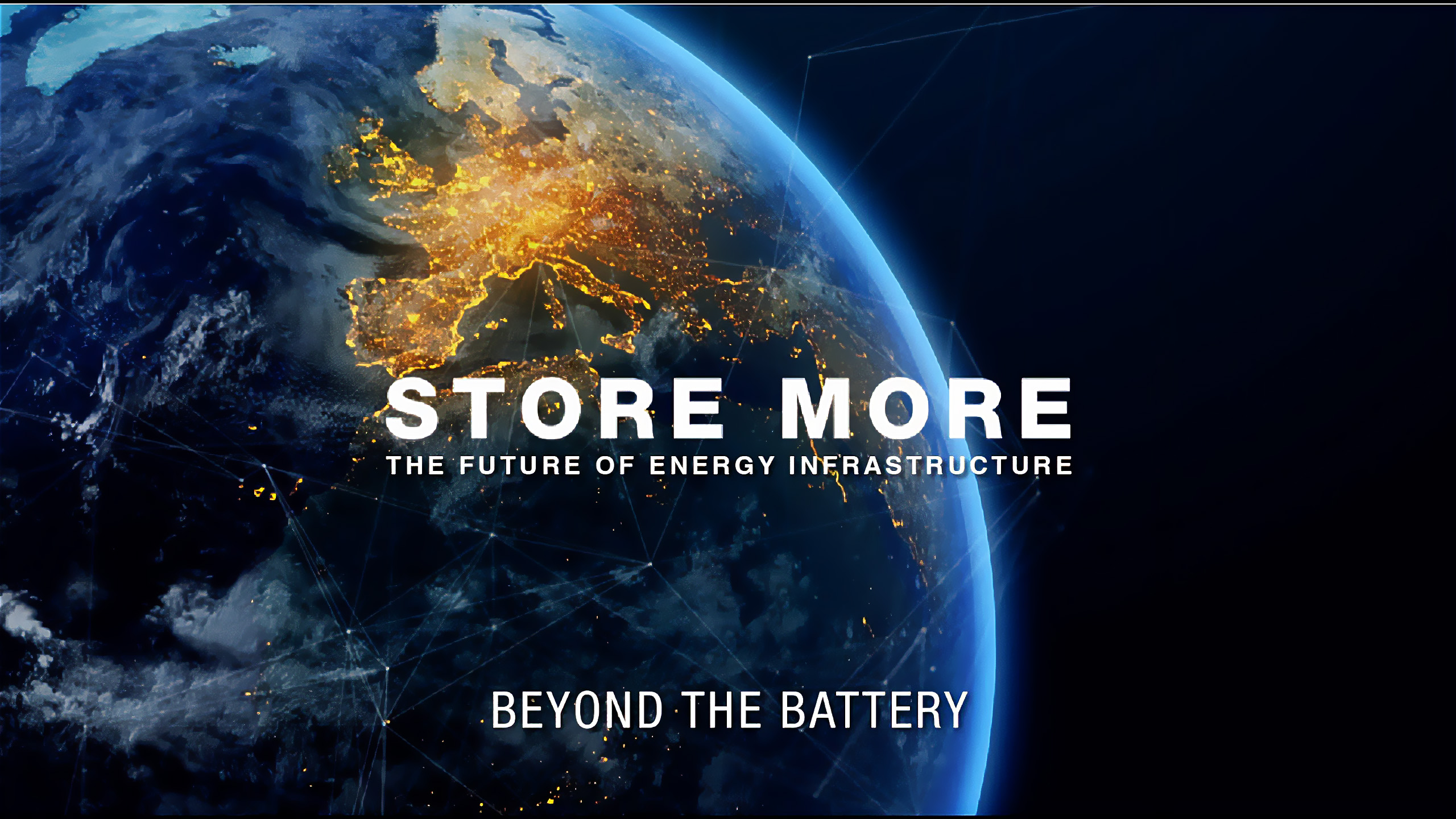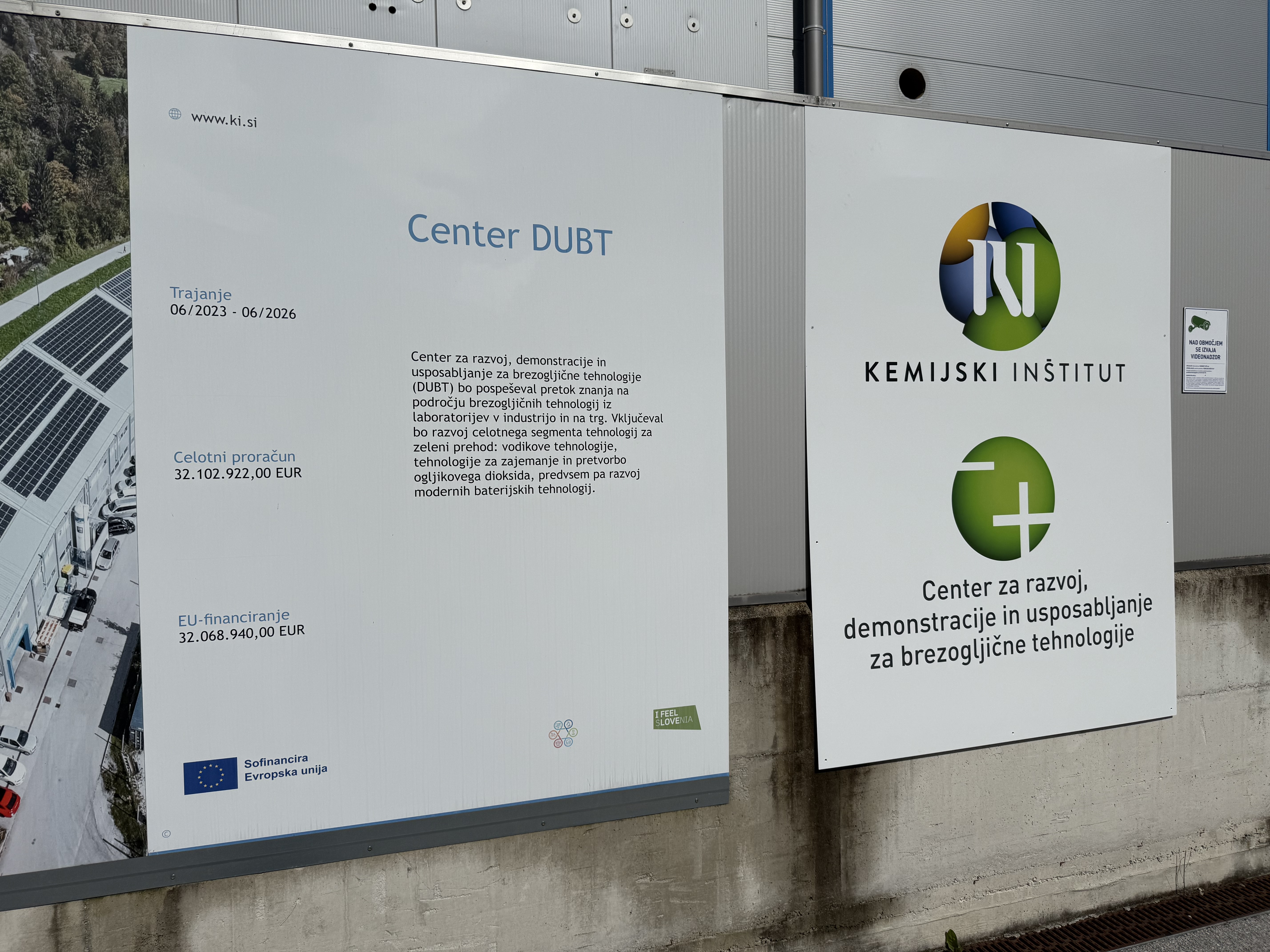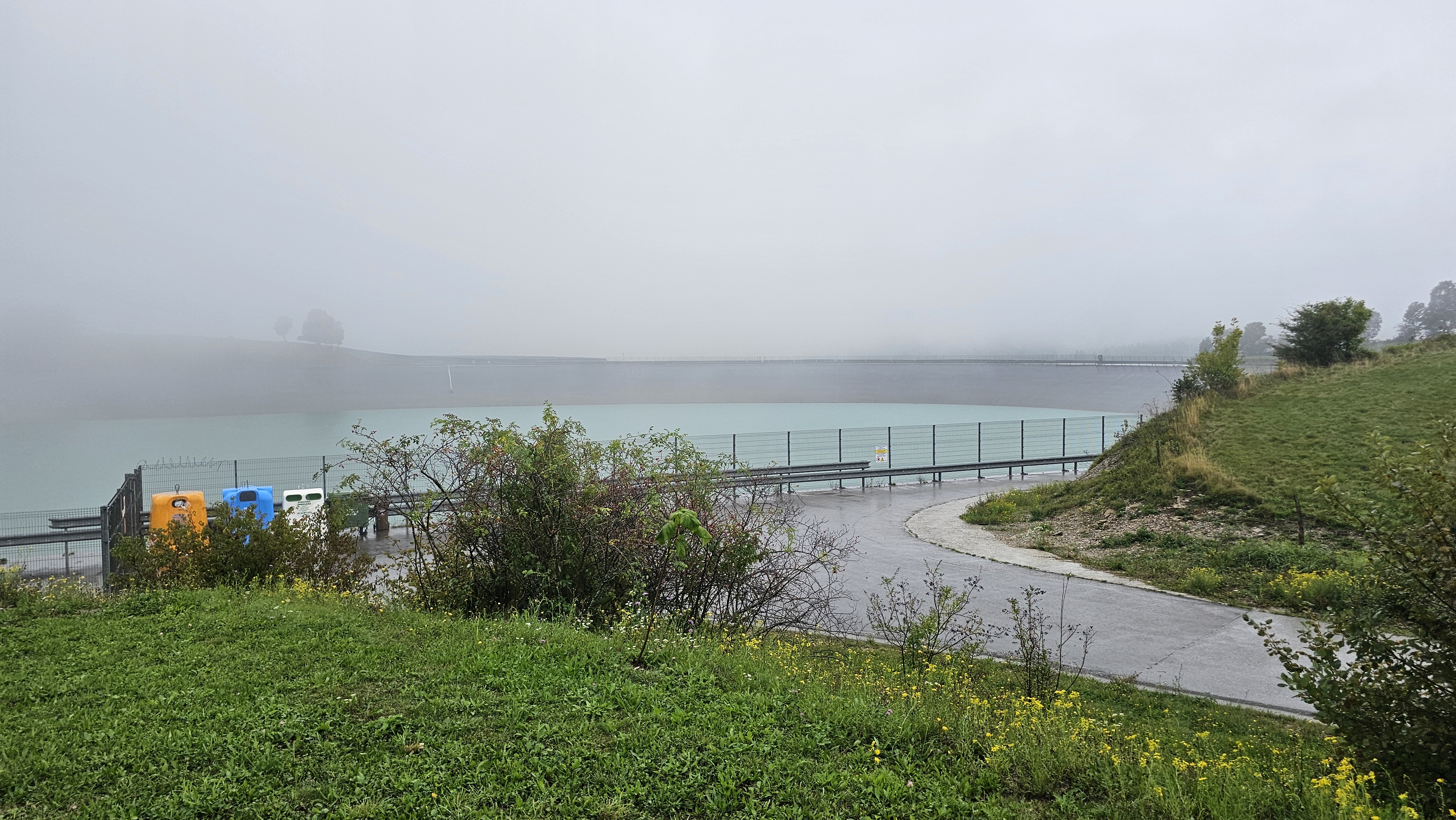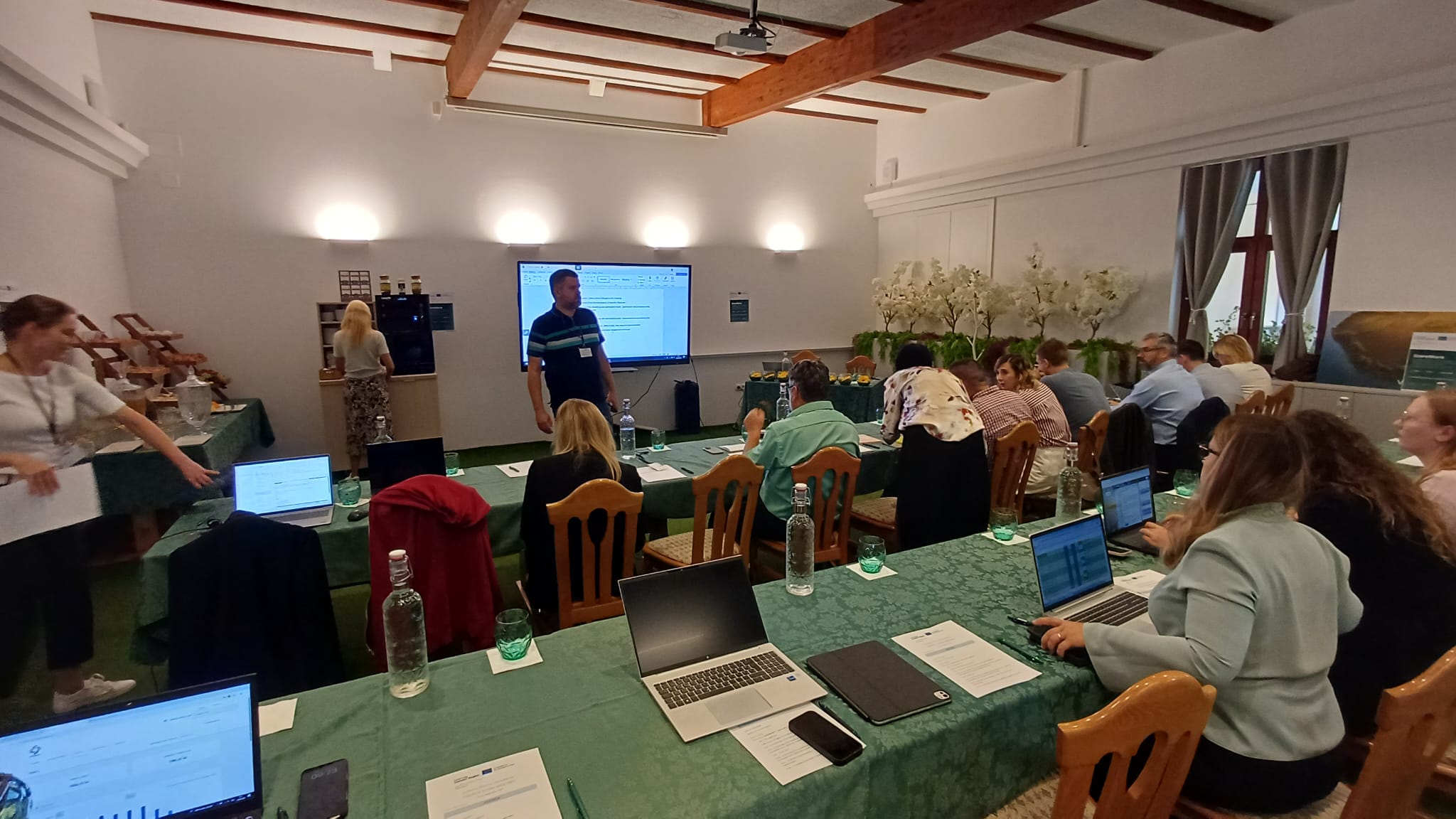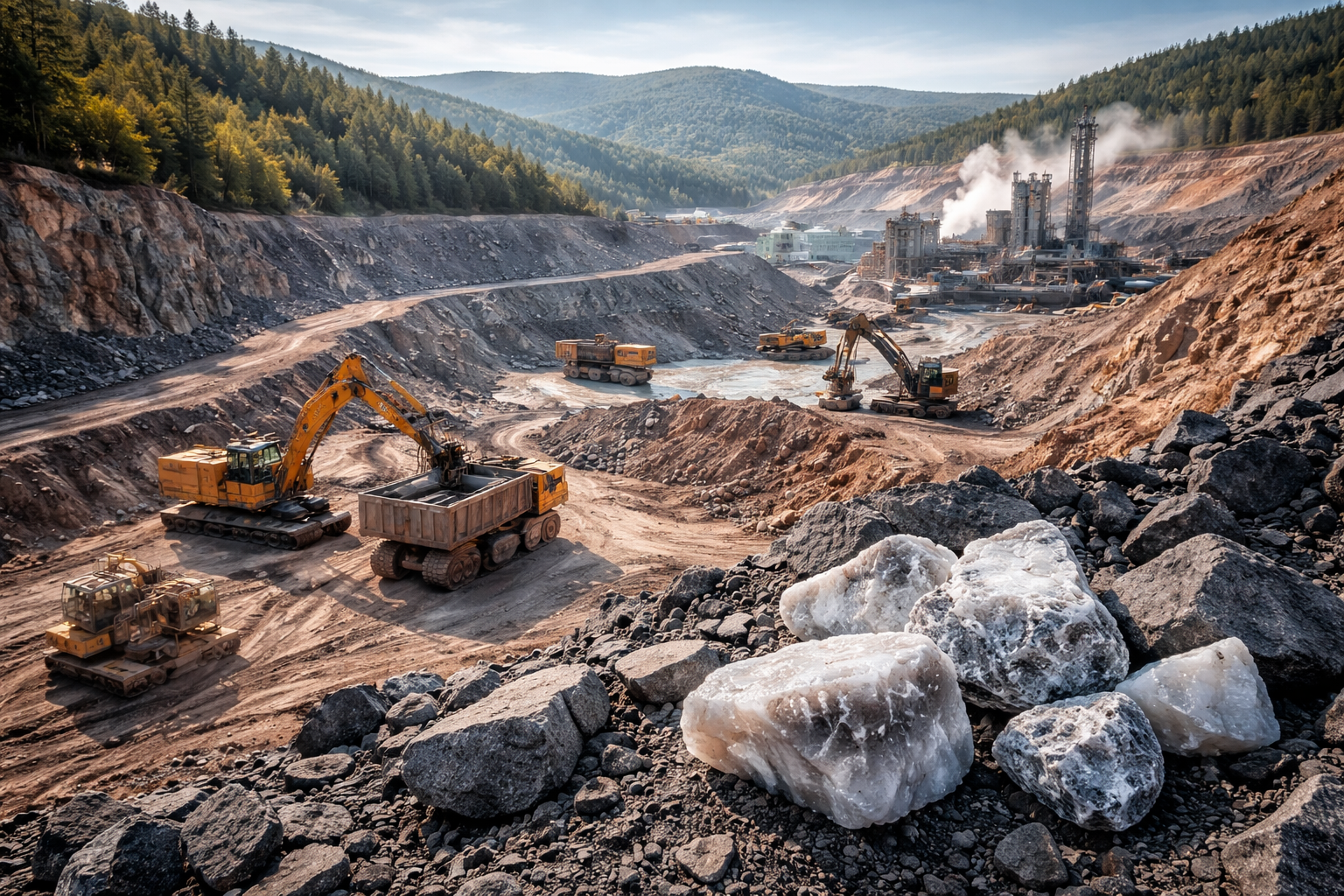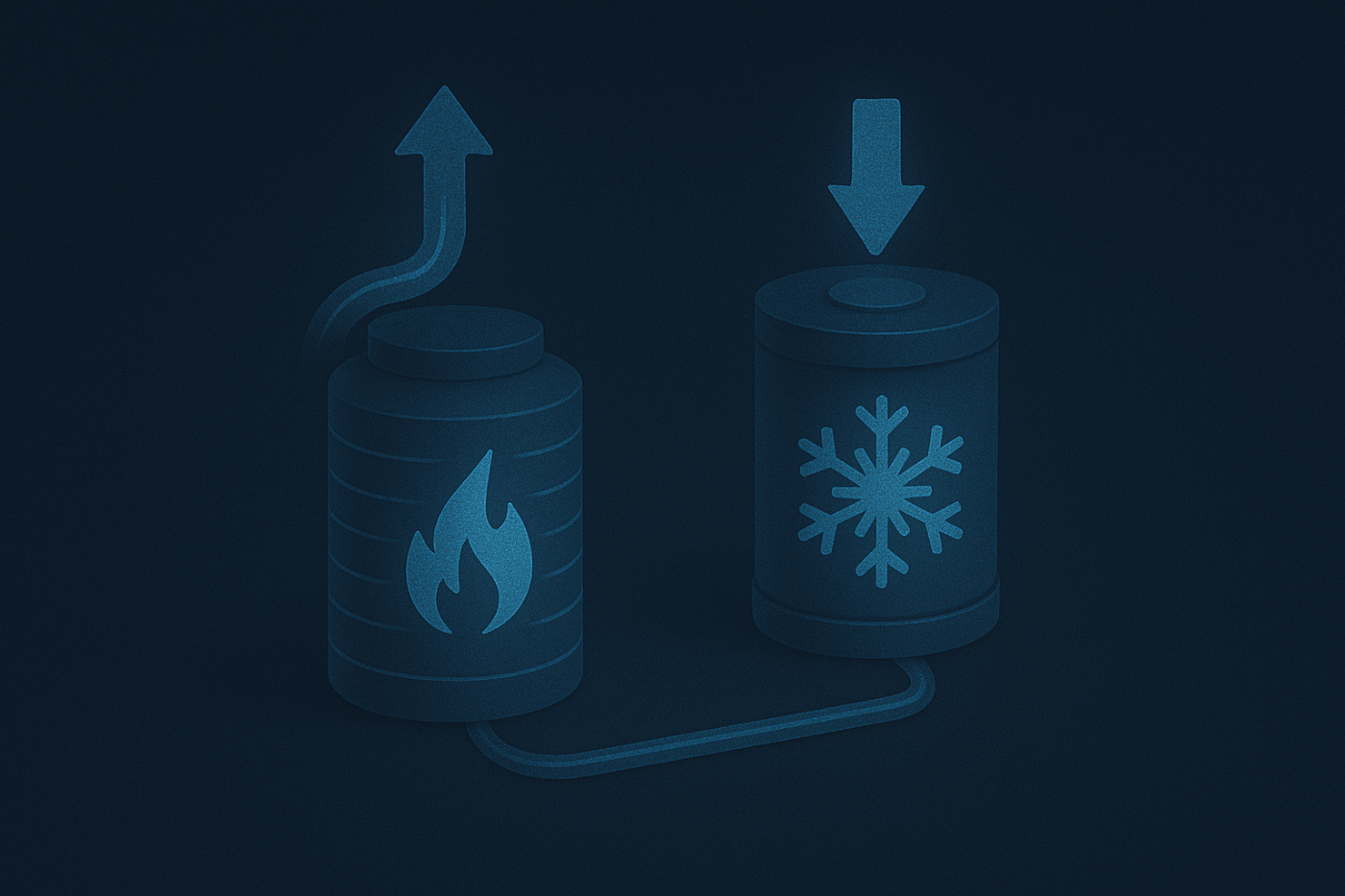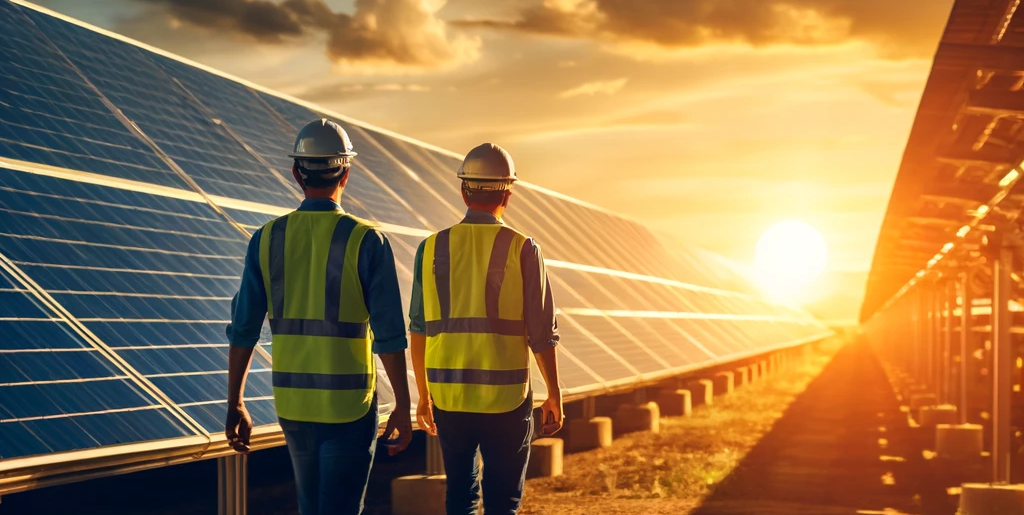
StoreMore
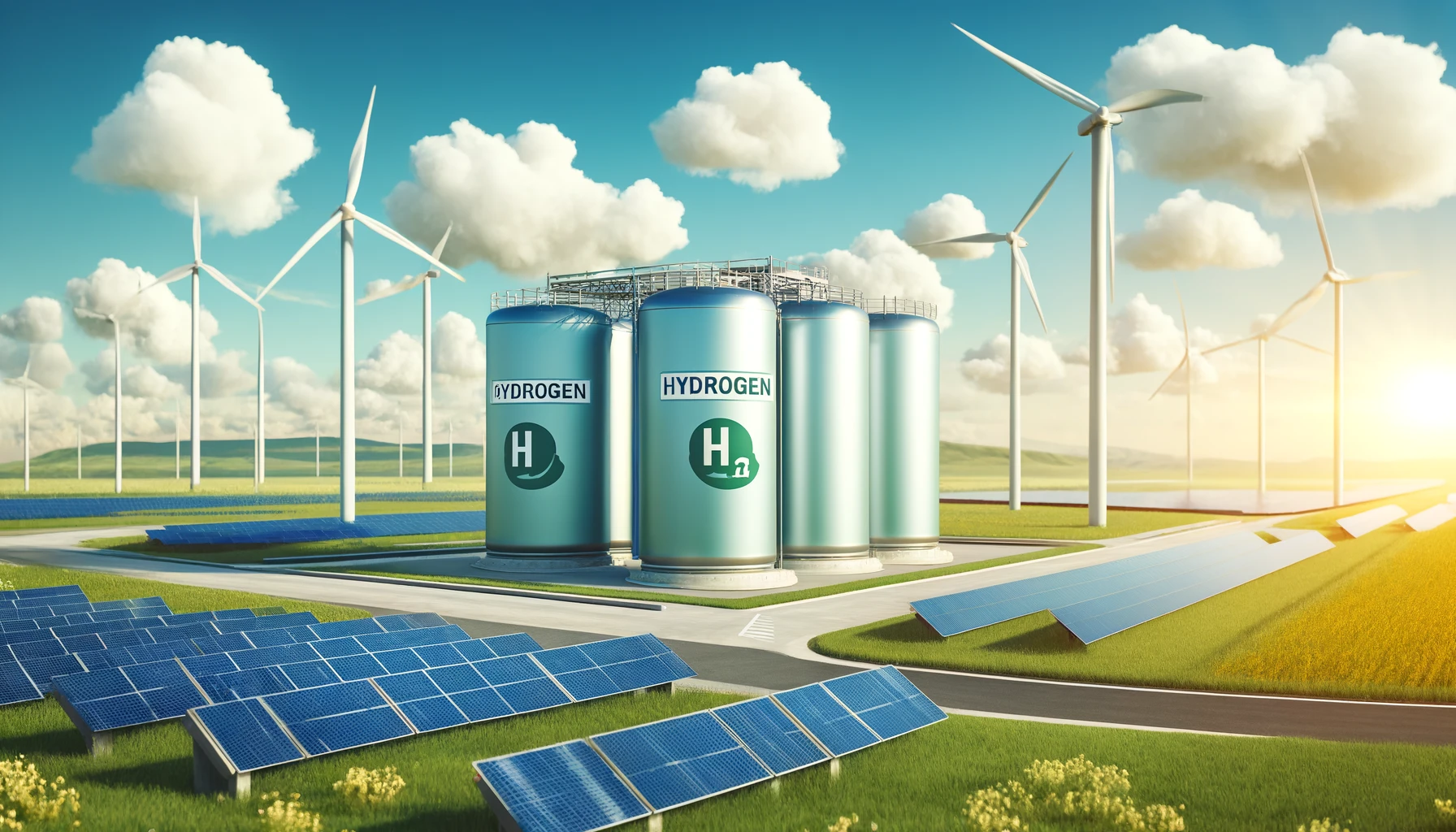
About the StoreMore project
Energy storage is key to unlocking renewable power's full potential. Our groundbreaking project targets the critical challenge of energy storage within the Danube Region, specifically focusing on the environmental impacts of current storage methods and the need for more sustainable alternatives.
Under the framework of the EUSDR Action Plan 2.1, our project is dedicated to assisting each country in the region in meeting its national targets by 2030, contributing to the European Union's ambitious goal of achieving 30% renewable energy usage by the same year, while adhering to the National Emission Ceilings.
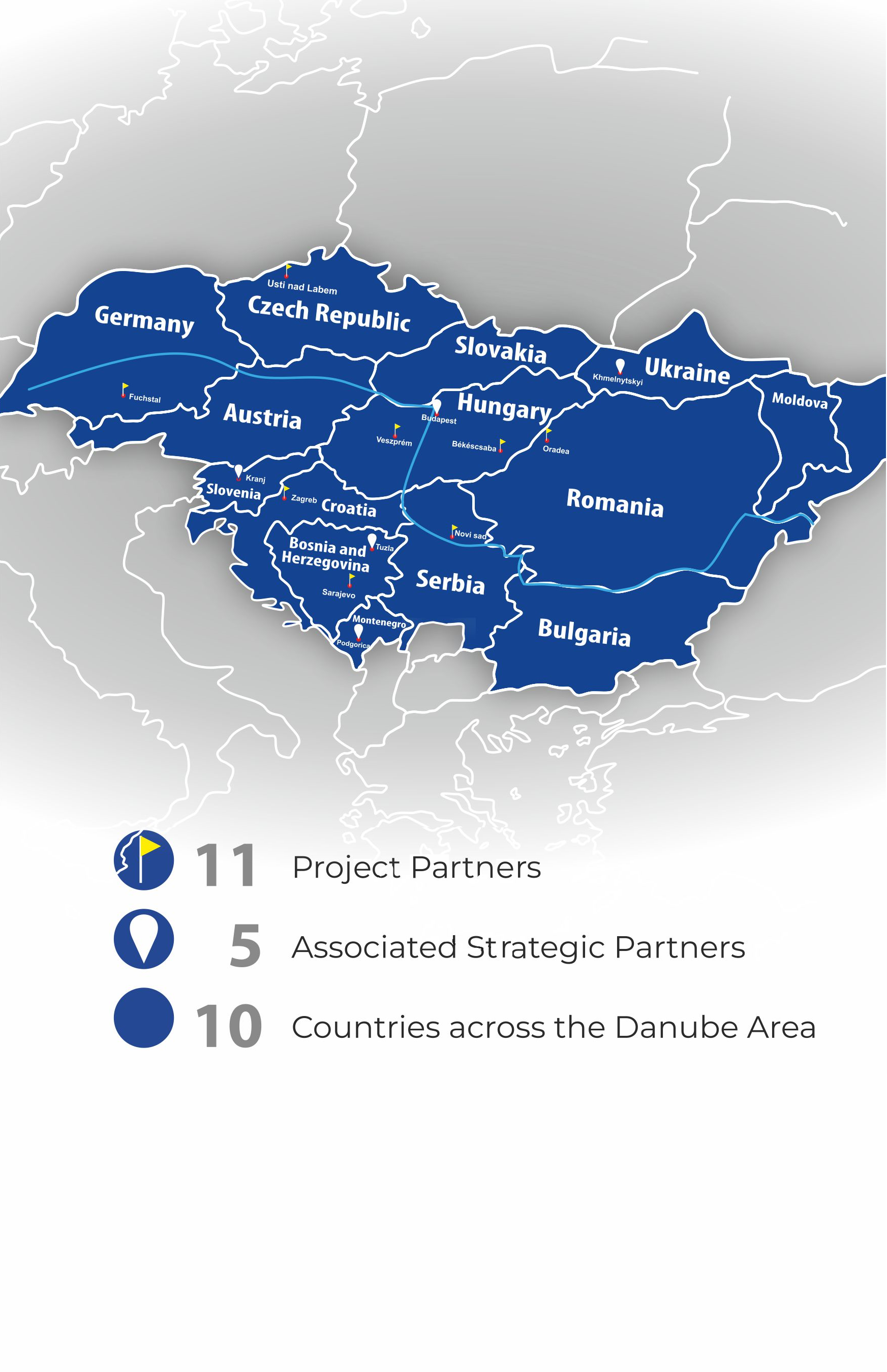
Strategic Direction & Envisaged Achievements
Our project's strategic direction is to expedite the transition towards a renewable energy-based economy in the Danube Region by enhancing energy storage capacities to alleviate the intermittency of Renewable Energy Sources (RES) and push towards a more balanced electricity grid. This is a pressing need as increasing the share of RES in electricity production requires a more balanced supply of these energy sources. This balance is only achievable through a diversified portfolio of electricity storage options.
Today, lithium-ion batteries are the most commonly used method for storing electricity, with pumped hydro storage being another option in certain cases. However, lithium-ion batteries carry substantial environmental burdens. Their production process involves mining raw materials such as lithium, cobalt, and nickel, which leads to habitat destruction, water pollution, and increased carbon emissions. Moreover, these batteries, when improperly disposed of, can lead to soil and water contamination.
According to IEA World Energy Outlook 2022 Lithium‐ion batteries are the fastest growing storage technology in the world. Relative to current levels, demand for lithium for battery storage systems rises most sharply, by over 20‐fold by 2030 and almost 50‐fold by 2050 in the NZE (Net Zero Emissions by 2050) Scenario. However, while almost 85% of the battery manufacturing capacity needed in the NZE Scenario in 2030 is already in place or in the pipeline, the lithium supply chain faces a much bigger stretch. Announced capacity expansions and potential new projects would increase current production capacity three‐and‐a‐half‐times, but another tripling of current capacity would be required to meet the level seen in the NZE Scenario in 2030.
In line with expert predictions mentioned above and in Section C.2, we expect that the supply of raw materials for these conventional batteries will struggle to meet the ever-increasing demand, which will lead to lithium scarcity and sharp price increases. These circumstances underline the urgent need for more environmentally sustainable alternatives. Our project is focused on developing and promoting these alternatives. We are committed to researching, developing, and implementing novel, sustainable technologies that promise a much smaller environmental impact than traditional batteries.

Proposed Outputs and Beneficiaries
Our project will yield two significant outputs. First, we'll provide a ready-made selection of scalable and modular options for alternative electricity storage that are not only effective but also environmentally responsible. Alongside this, we'll deliver a modelling tool for planning energy storage systems equipped with these innovative, eco-friendly solutions, tailored to meet the needs and parameters of RES operators.
Secondly, we will offer a Renewable Energy Sources (RES) optimisation tool that leverages the yet underutilised potential of Artificial Intelligence applications in renewable energy combined with energy storage. These initiatives will primarily benefit RES operators, enabling them to manage energy more efficiently and sustainably, contributing to a more eco-friendly, renewable energy-based economy.

Transnational Approach and Novelty of the Project
Given the global nature of climate change and energy challenges, a cooperative, transnational approach is paramount. Our project stands out in its integration of AI applications within the RES domain - a pioneering approach that is not commonly seen in the current scenario. By transcending conventional energy storage methods and weaving AI into the RES sector, we aim to create a new standard for renewable energy management. We are committed to pushing the envelope of what's possible in renewable energy, offering an innovative, environmentally-friendly solution for the future of energy in the Danube Region.
News & Events
Read the most recent updates and explore the upcoming events.
Project overview
Need any help? Contact us!

Eszter Németh
Communication manager

Jenő Szécsi
project manager

